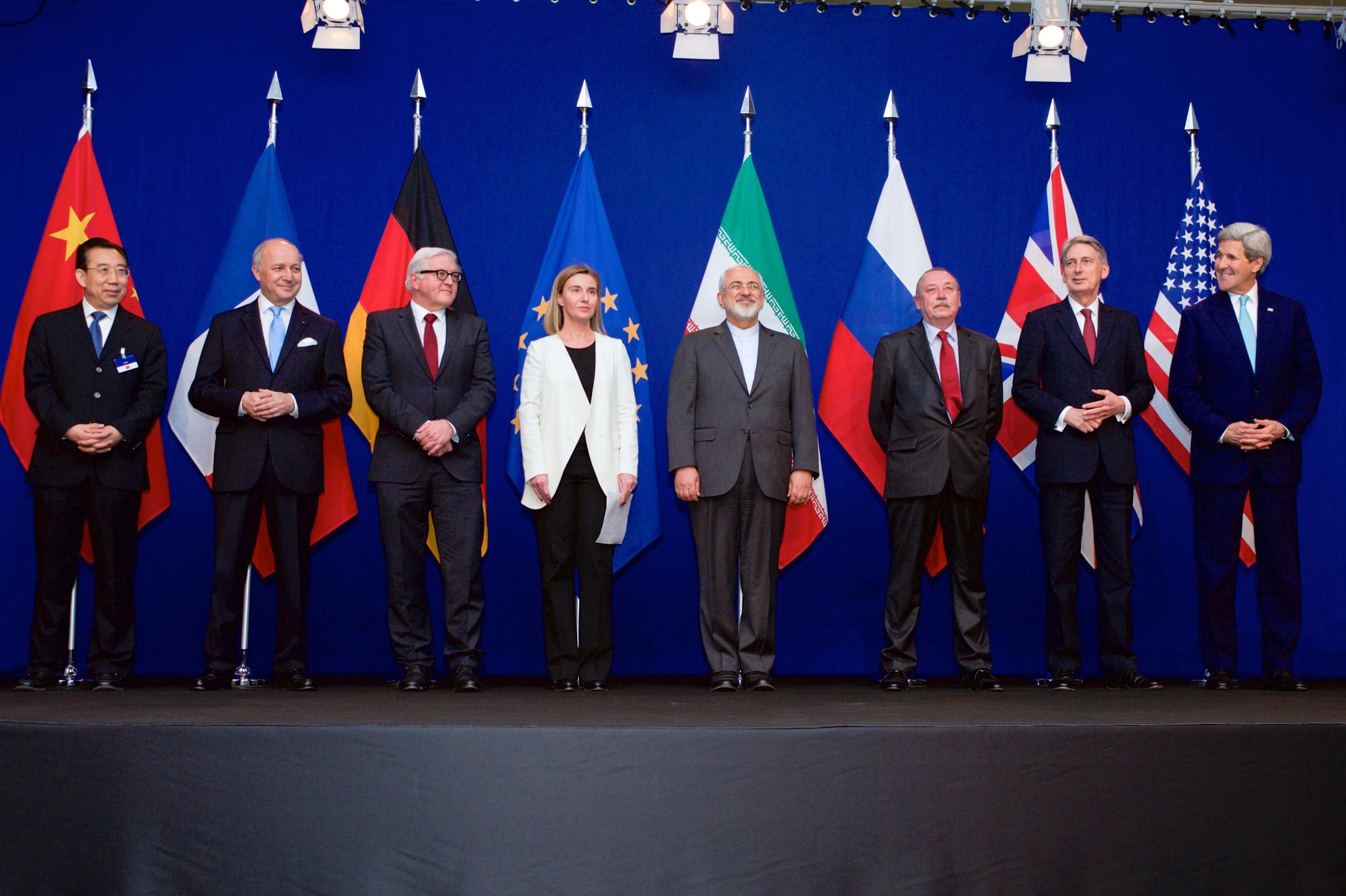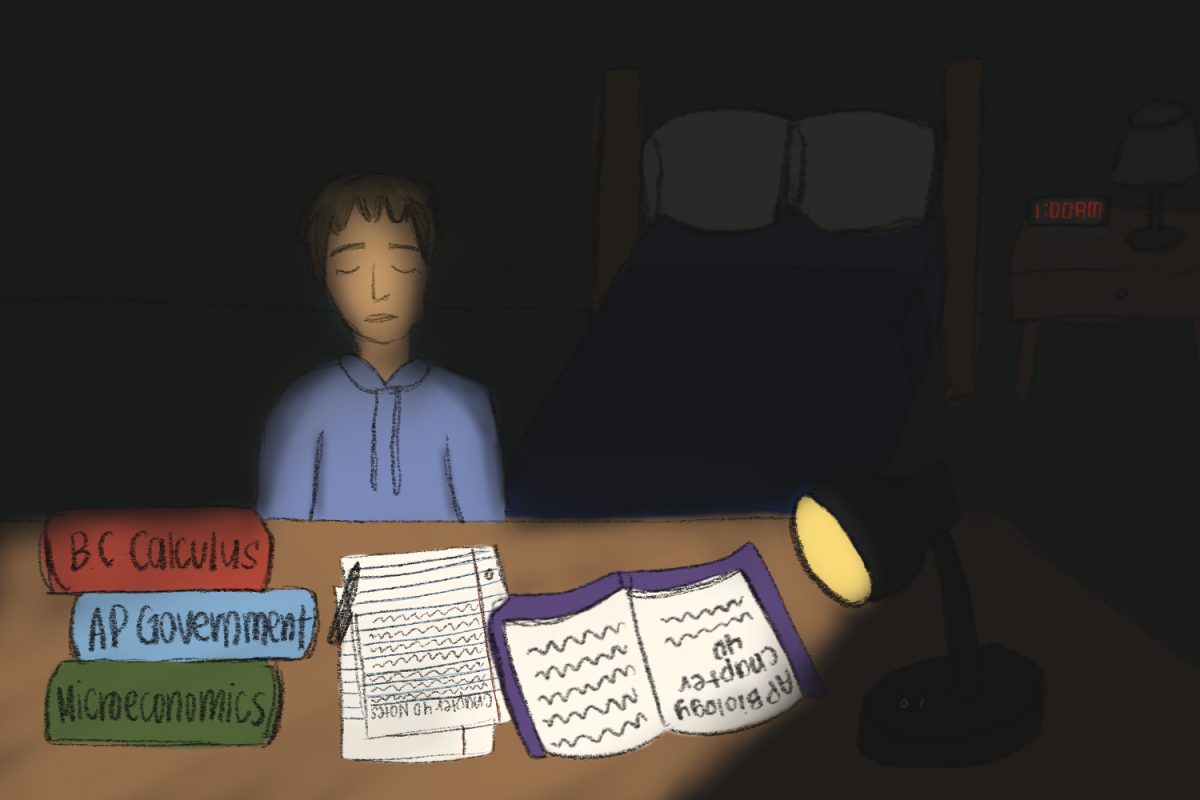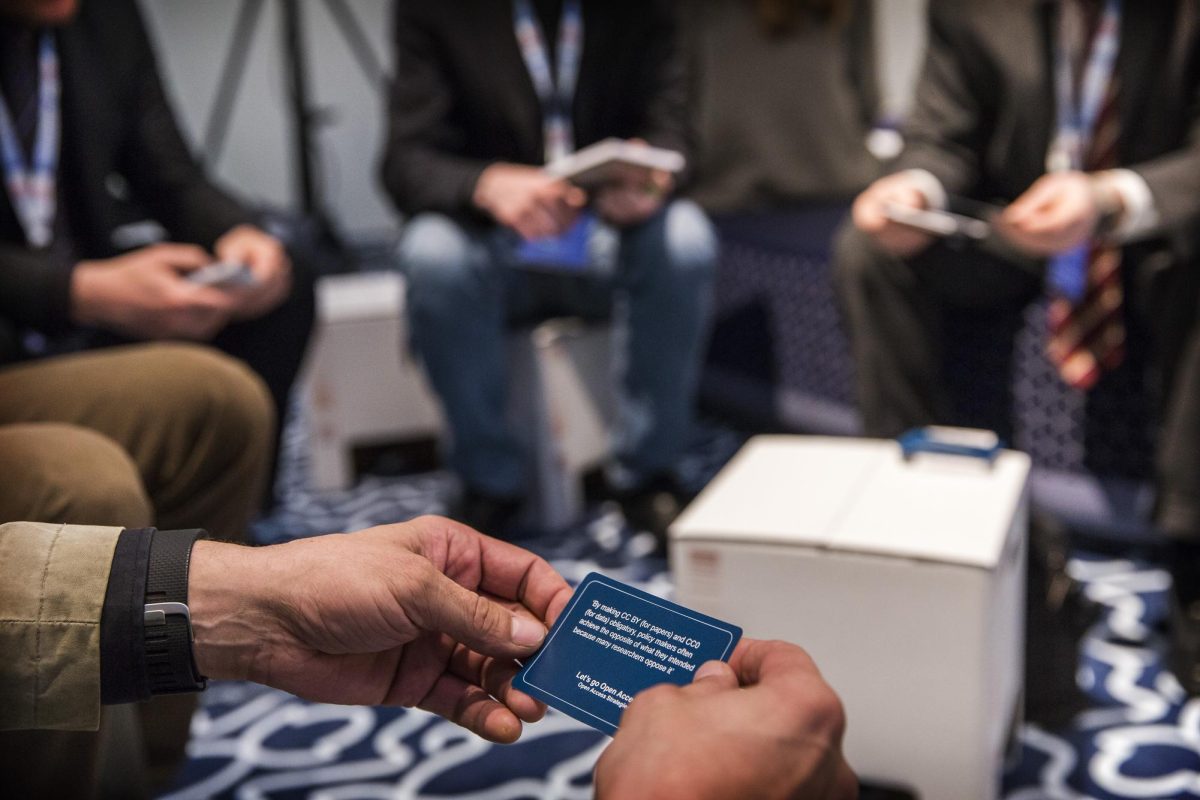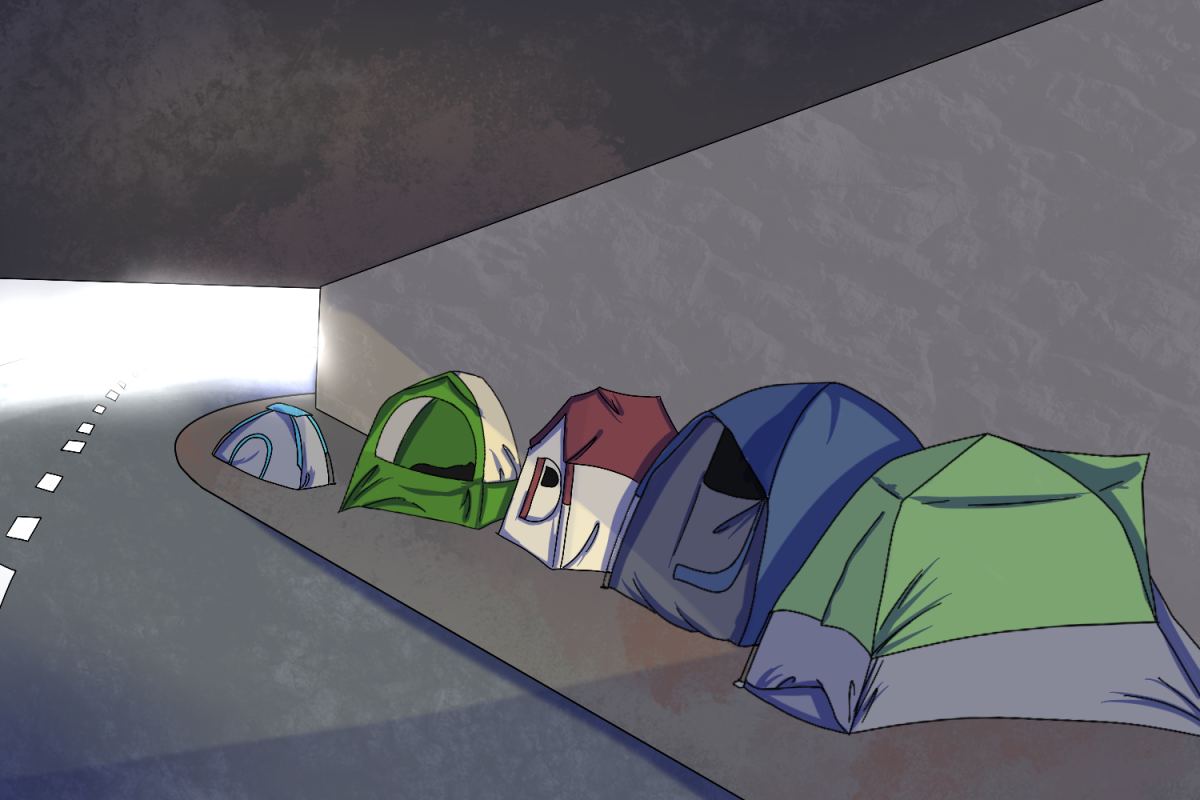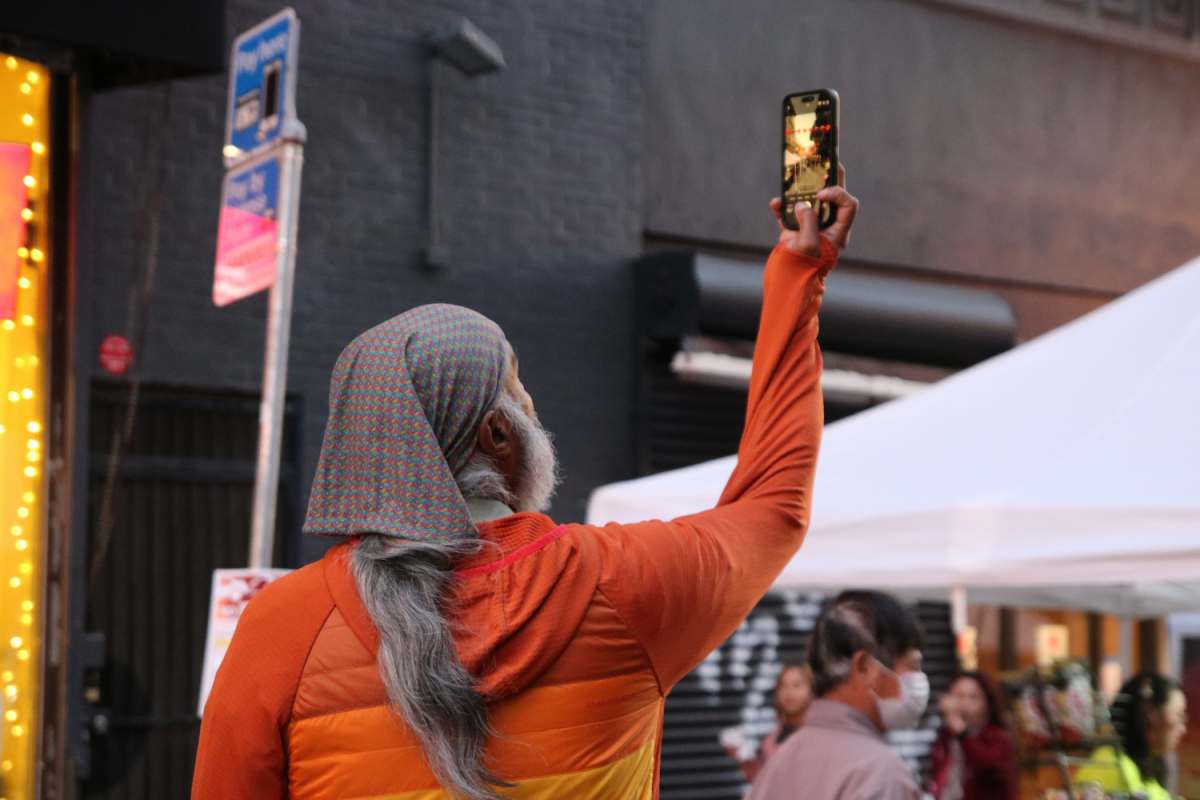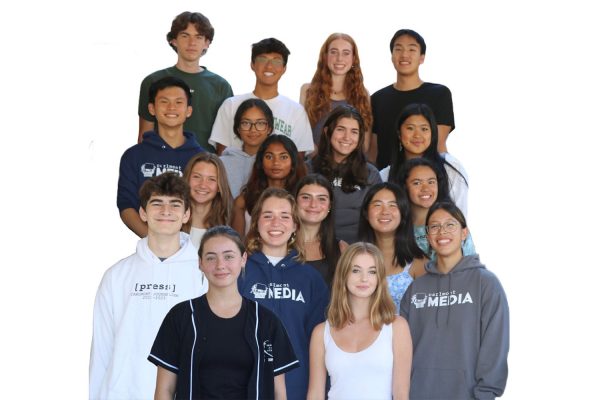When rioters stormed the U.S. Capitol last Wednesday to overturn the results of the 2020 election, there was an outpouring of shock, anger, and sadness. Many accurately noted that while the police employed violent methods throughout the predominantly peaceful Black Lives Matter protests last summer, they stood by and even provided aid to Wednesday’s rioters, which were composed of ranks of white supremacists and Neo-Nazis.
Despite it all, President-elect Joe Biden minimized these riots by stating in a Tweet that the U.S. “is so much better than what we’re seeing today.” The issue is, this is the U.S. our generation has grown up with, and these are the experiences of Black and Indigenous people in this country. By deflecting off of the centuries of white supremacy that emboldened this behavior, Biden has taken a passive role in the issue.
These riots are far from the first time white supremacist mobs have sought to maintain their control — the U.S. even began as a colony founded by pilgrims who were willing to massacre Indigenous peoples for the land.
While Biden may have attempted to provide hope, it comes across as inappropriate for the circumstances. Only six months ago, we watched the police tear gas protestors advocating for justice. Posing the question of whether these riots reflect the U.S. or distract from this long-standing reality.
In fact, 2021 marks a century since the destruction of Oklahoma’s Greenwood District, where 300 people died in what was once one of the most prosperous Black communities in the country. The type of white nationalism that caused the violence on Wednesday is not an outlier in U.S. history. Instead, it’s a reflection of what years of indifference, or even worse, encouragement from leaders, can do.
If we want to end these acts of violence, we can no longer treat this as a “Donald Trump” or “alt-right” issue. The U.S. must take accountability for its past and its present if it wants to create a more equitable and just future for all its citizens. That is why we must reframe the way we think about injustice from “It’s unimaginable” to “What was the root cause?” When we trace back the steps, we discover how embedded white nationalism is in the U.S., and it is only reasonable that radical change should follow.
*This editorial reflects the views of the Scot Scoop editorial board and was written by Zachary Khouri.



